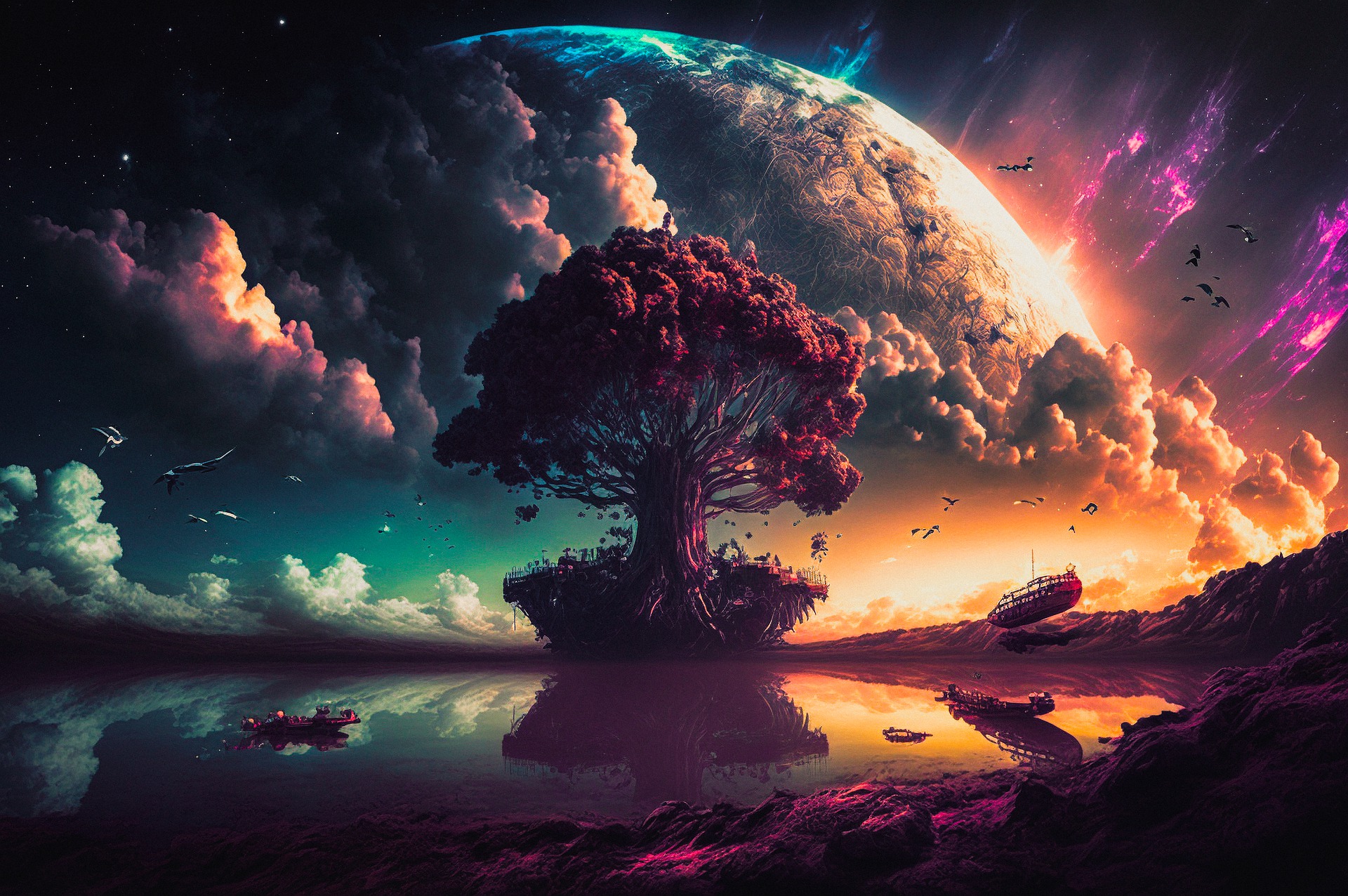
US Federal Judge Rules AI-Generated Art Cannot Be Copyrighted
United States District Court Judge Beryl A. Howell has issued a ruling stating that artwork generated by artificial intelligence (AI) is not eligible for copyright protection. The decision came after Stephen Thaler’s repeated attempts to secure copyright for an AI-generated image created using his Creativity Machine algorithm.
Thaler had sought to categorize the AI-generated artwork as a “work-for-hire,” designating the AI as the author and himself as the owner. When his request was denied, Thaler took legal action against the copyright office, arguing that the denial was arbitrary and not in accordance with the law.
Judge Howell held a different view, emphasizing that copyright protection has historically been reserved for creations with a clear human influence. She stressed that human authorship is a fundamental requirement for copyright.
To support her decision, Judge Howell cited previous legal cases, including one involving a photograph taken by a monkey. She also referenced a case in which a woman compiled a book based on writings she claimed were conveyed to her by a supernatural “voice,” which was deemed eligible for copyright protection.
Furthermore, Judge Howell acknowledged the growing complexities surrounding AI-generated content. She noted that determining the level of human contribution required for copyright eligibility in AI-generated art poses intricate questions. Additionally, she recognized that AI models often draw from existing works during their training.
The ruling raises important questions about the future of copyright law in the context of artificial intelligence. As AI becomes increasingly integrated into various aspects of our lives, issues related to copyright for AI-generated music, art, and other content are likely to continue emerging.

Written by: AIT

Post comments (0)